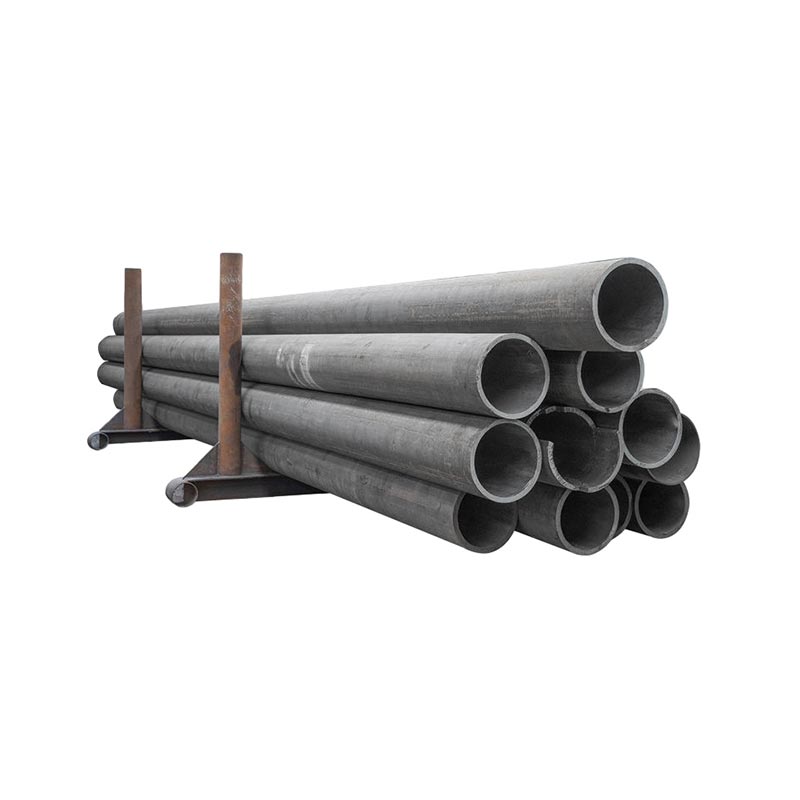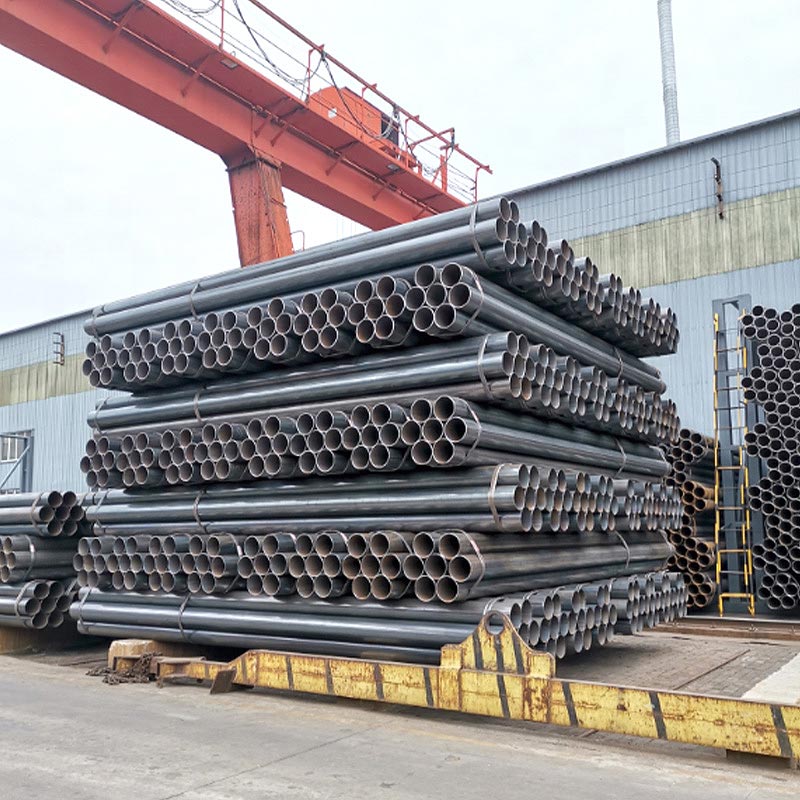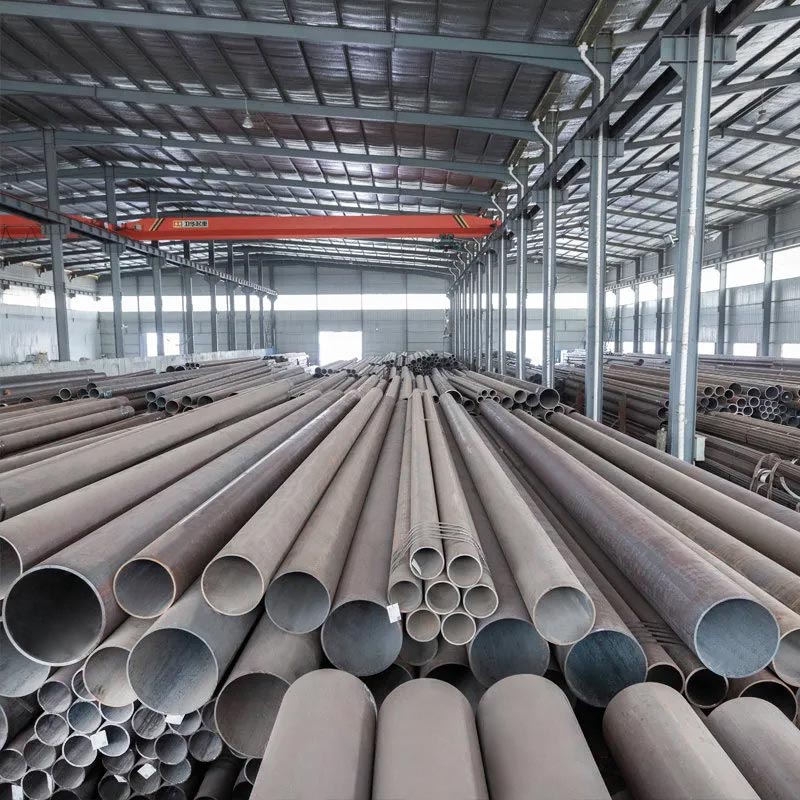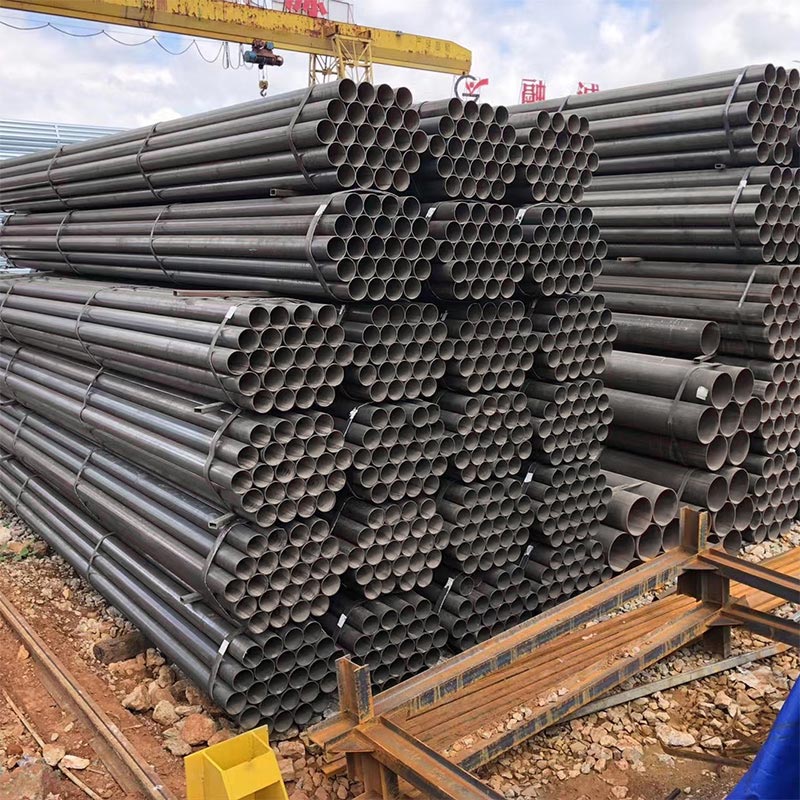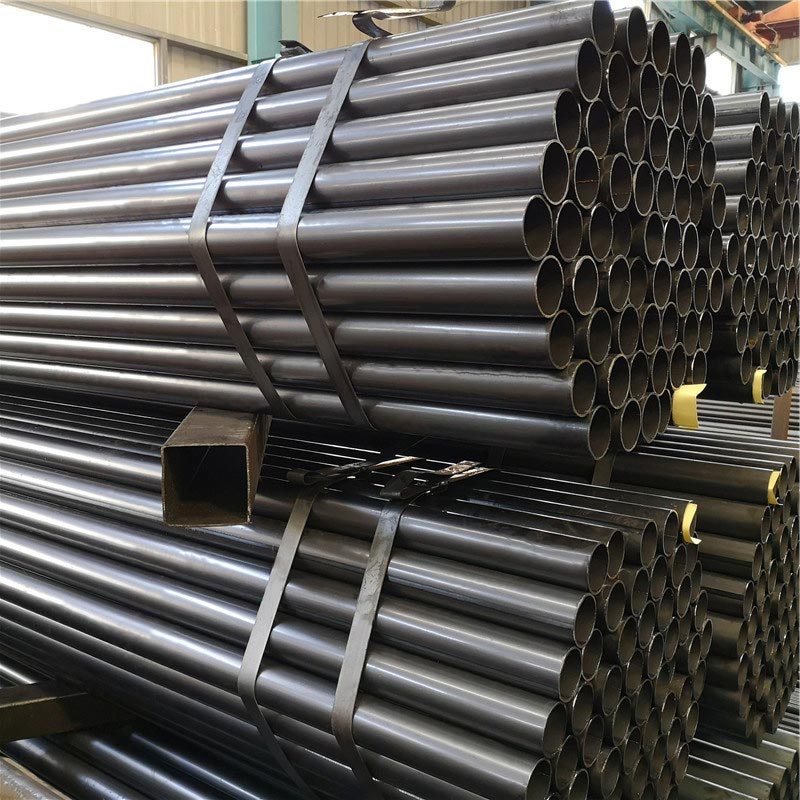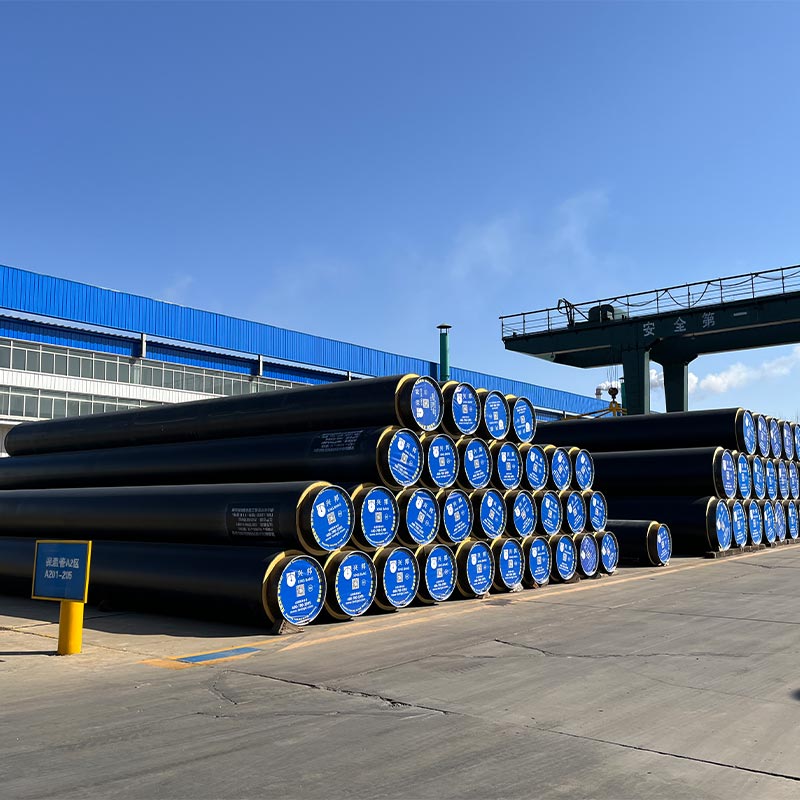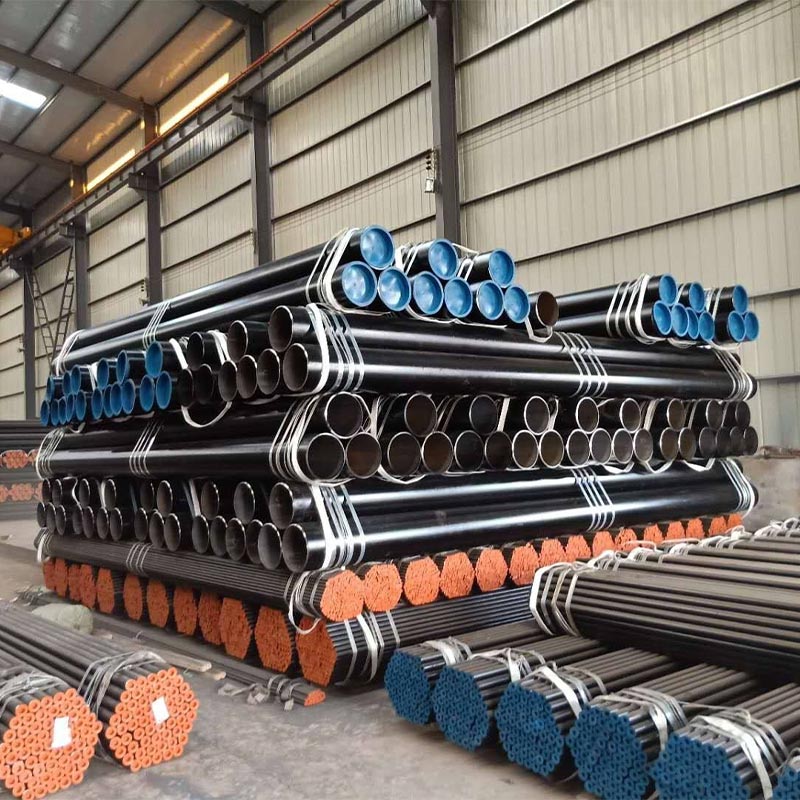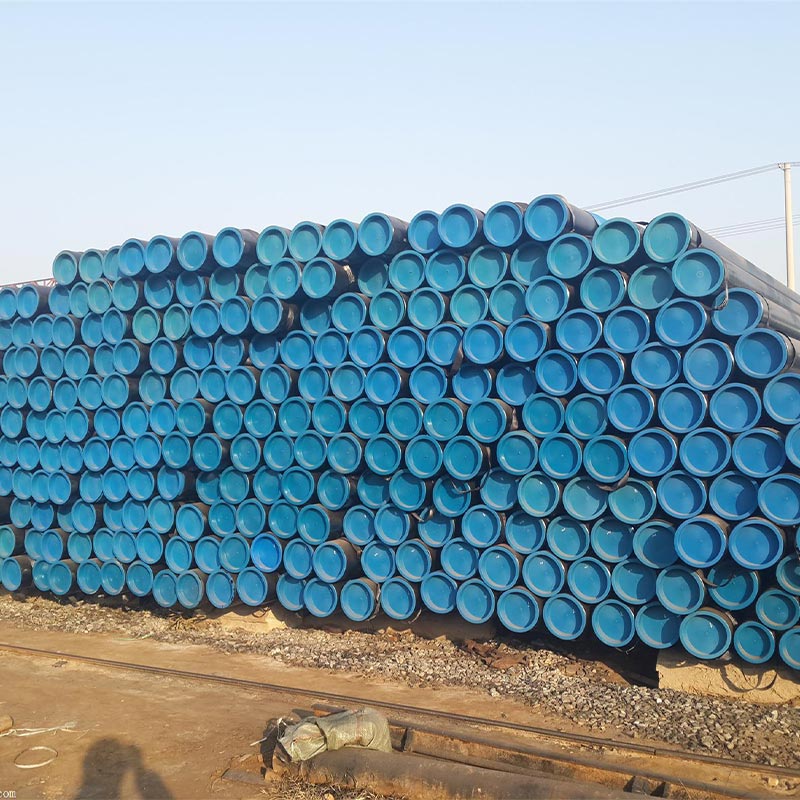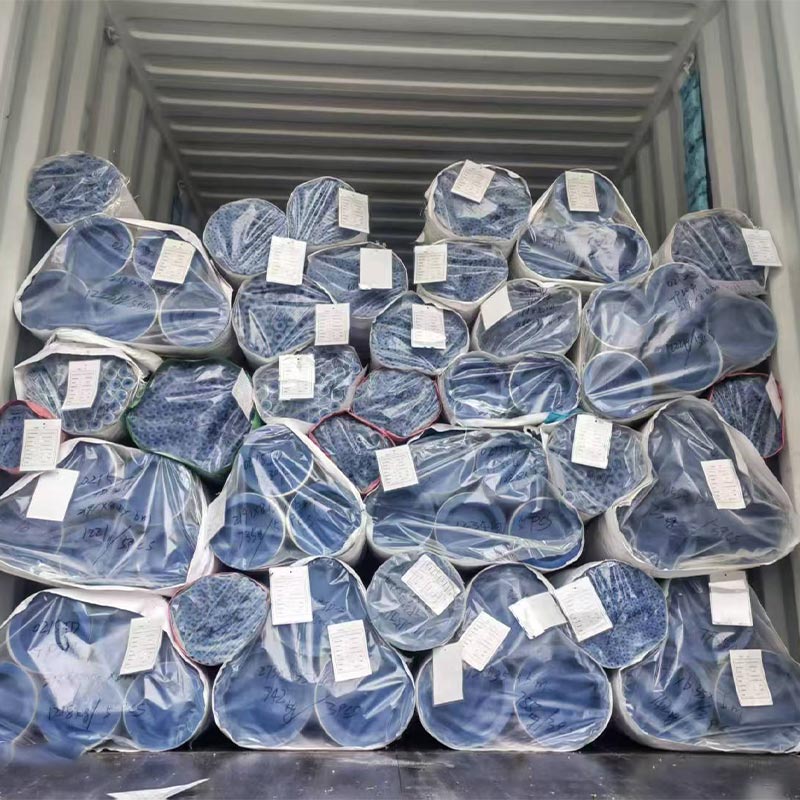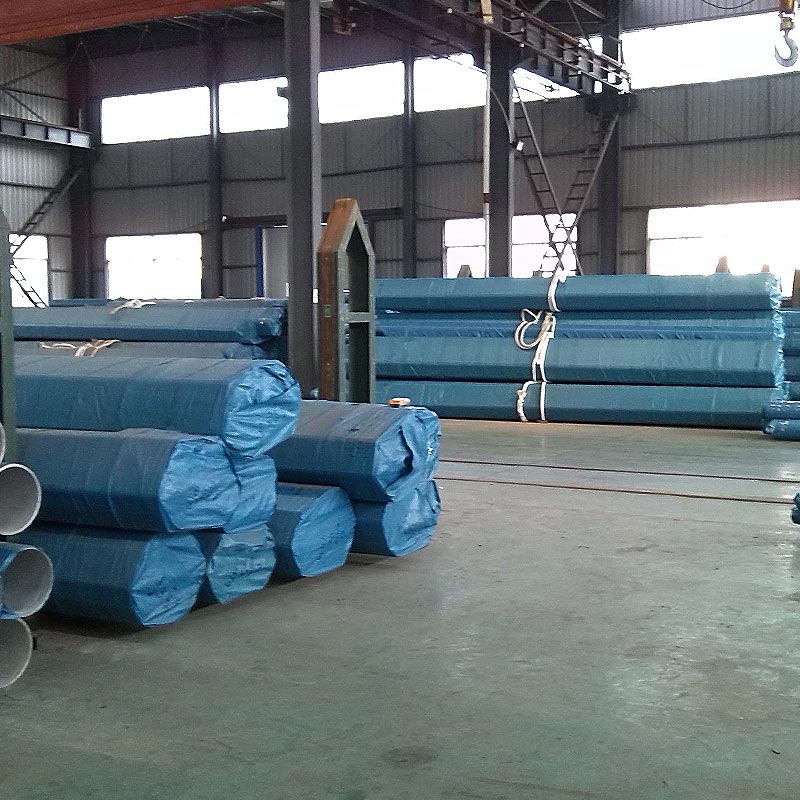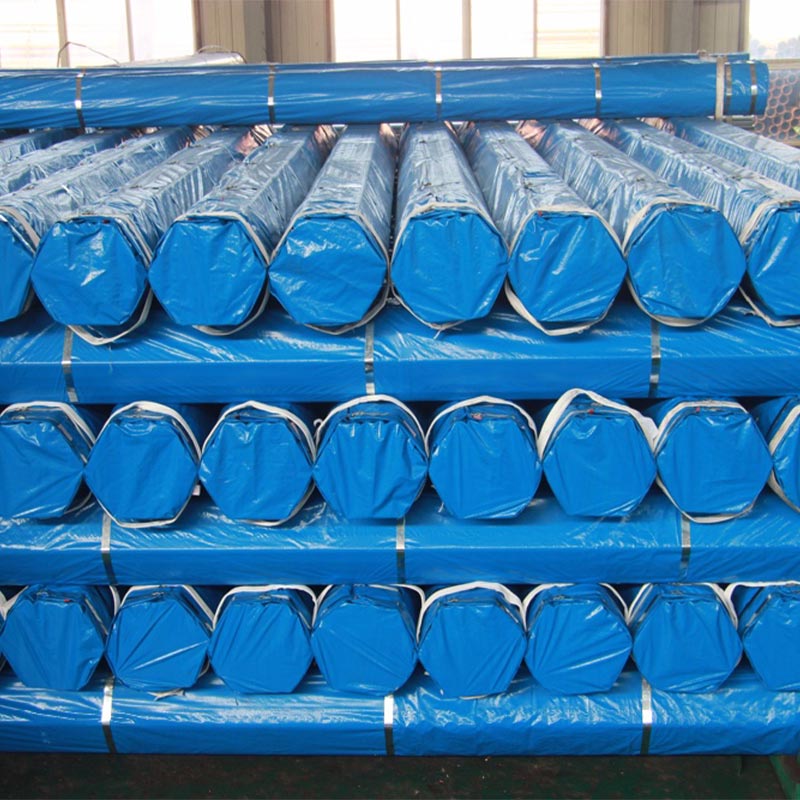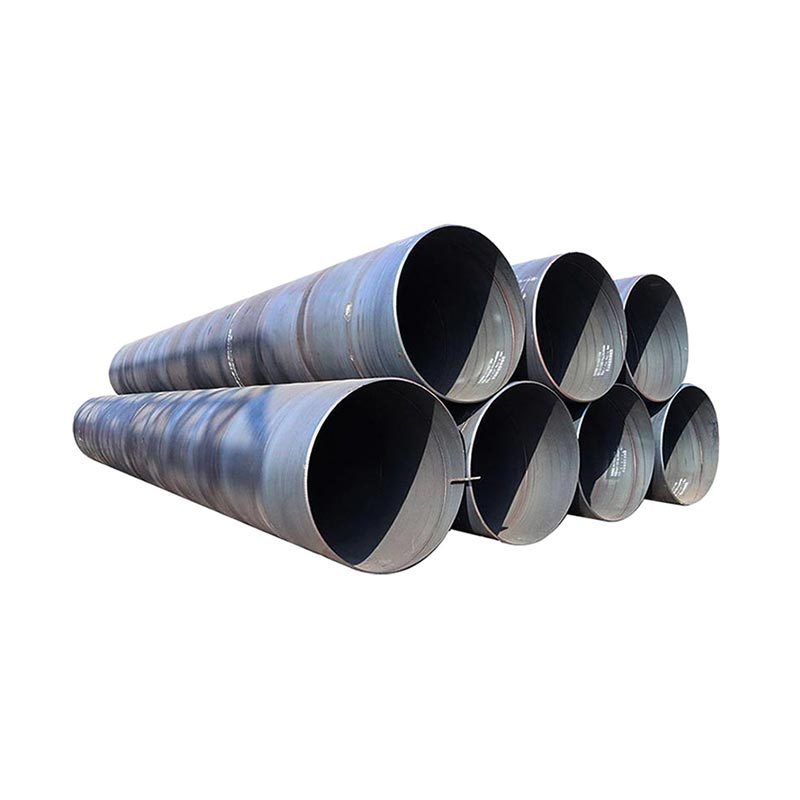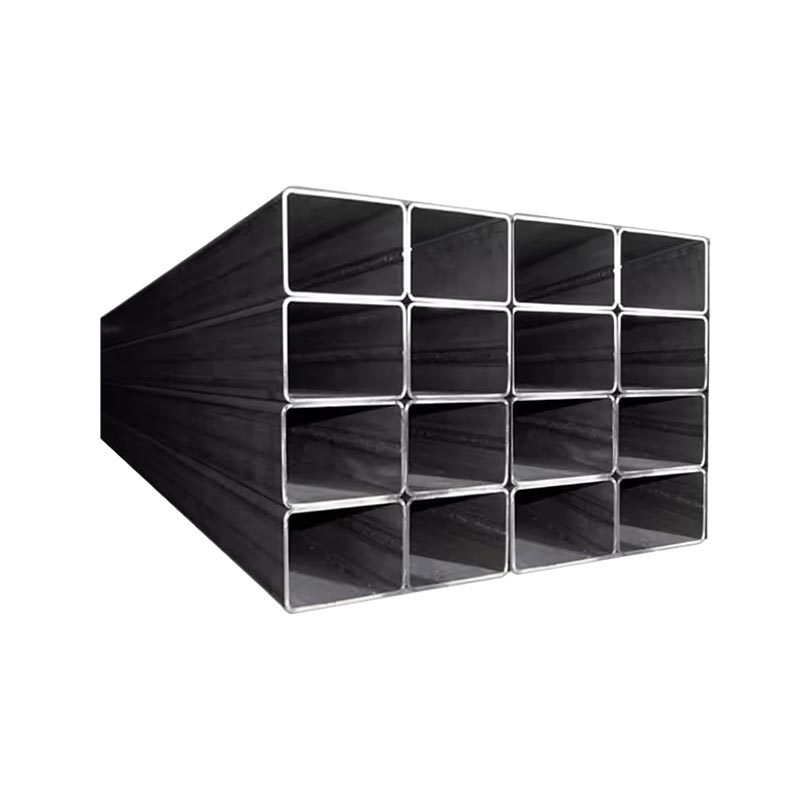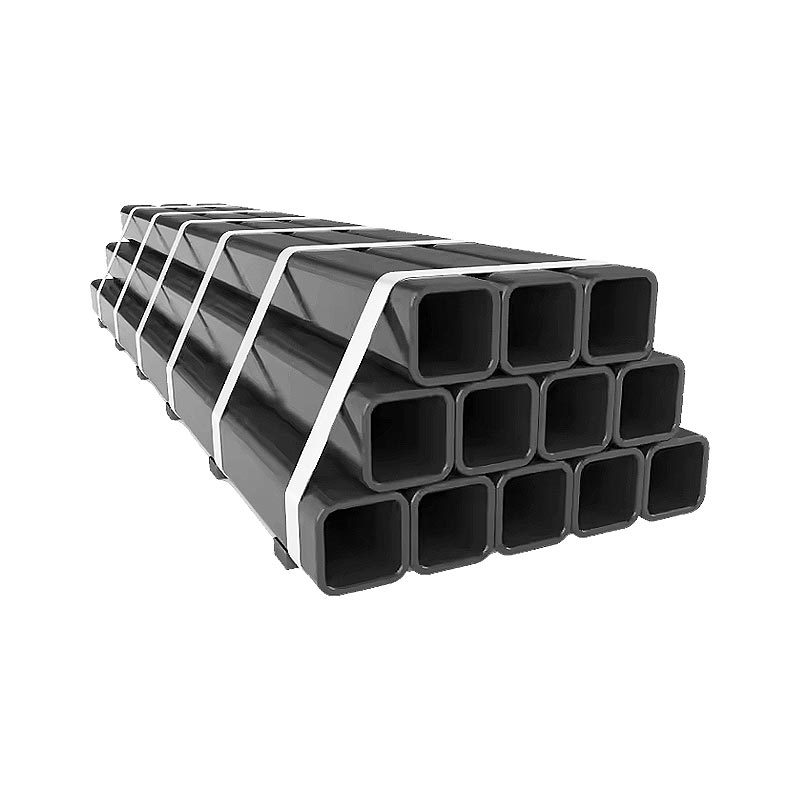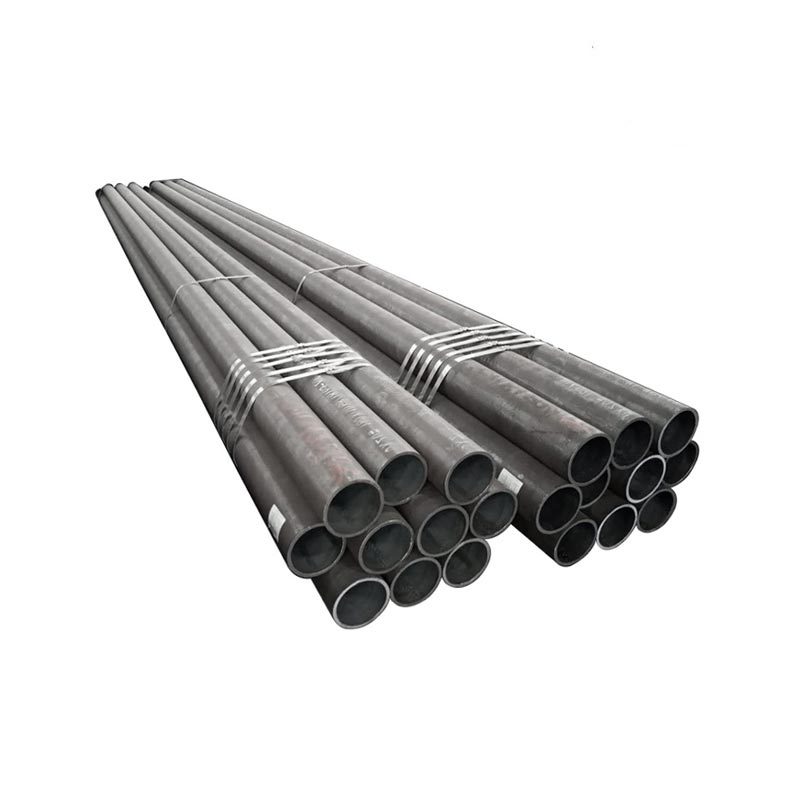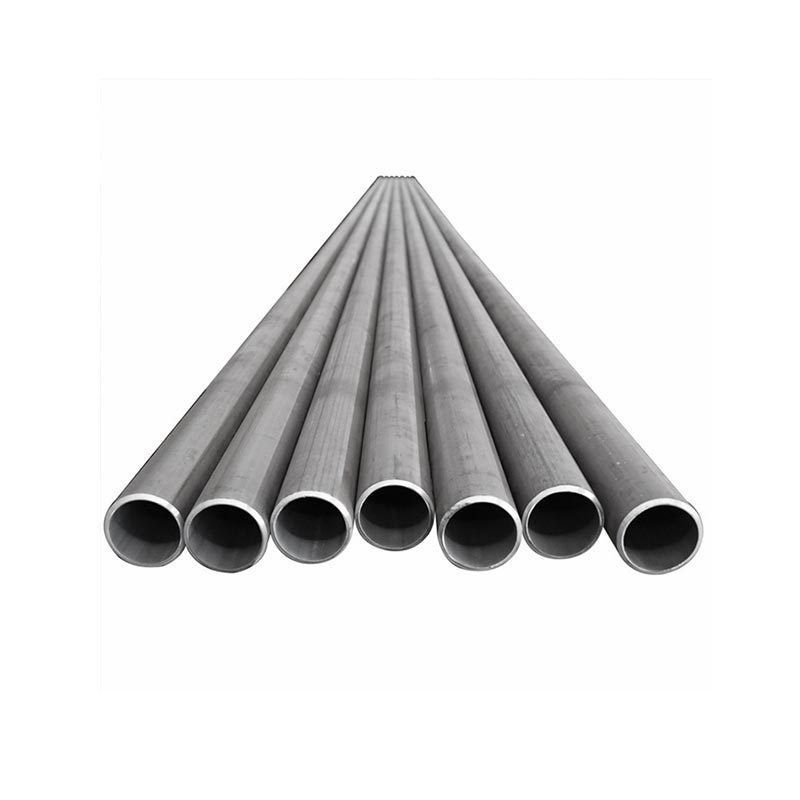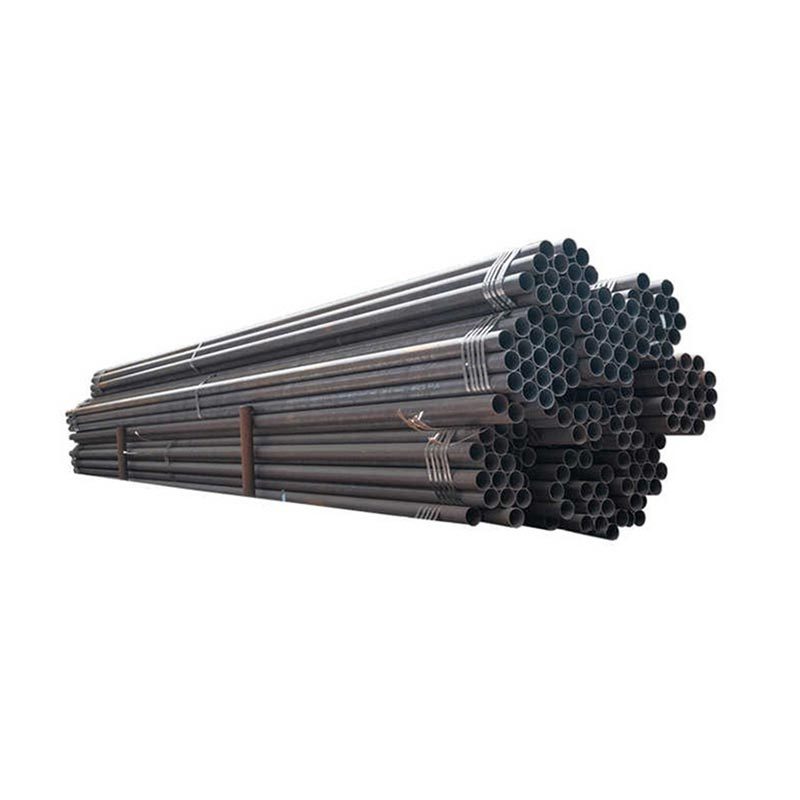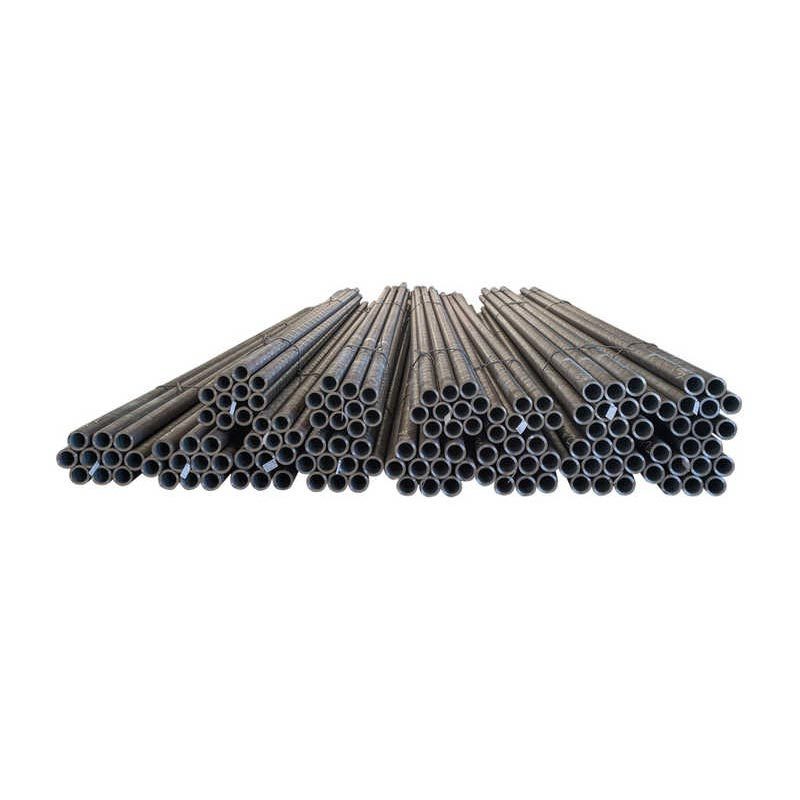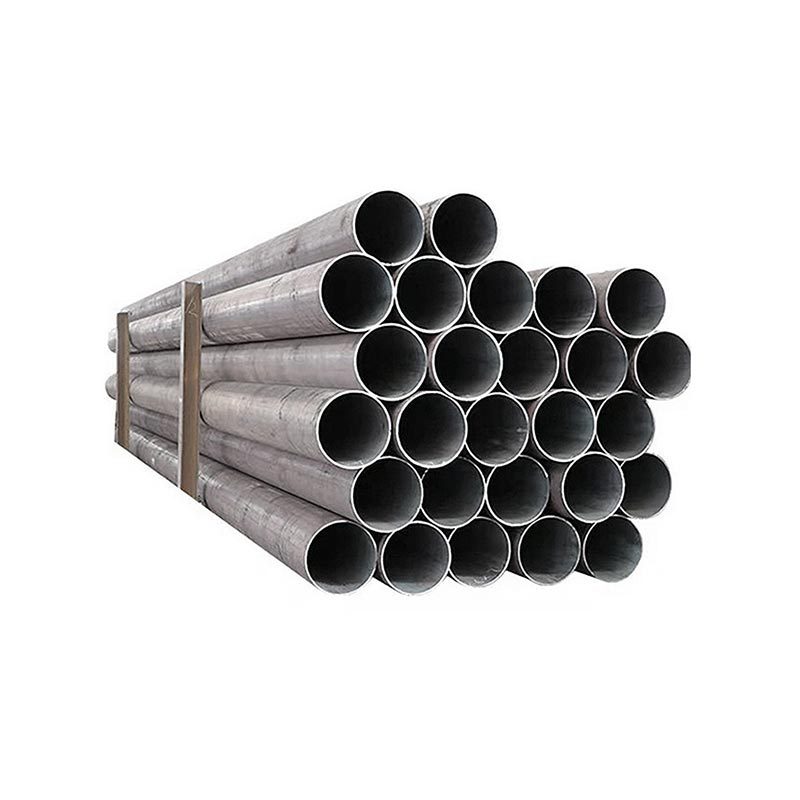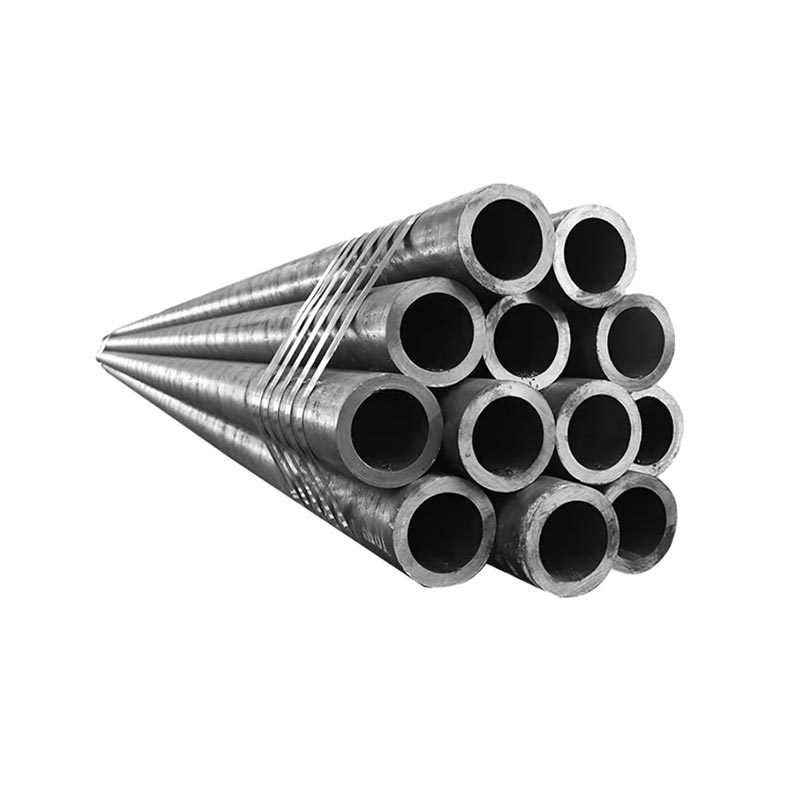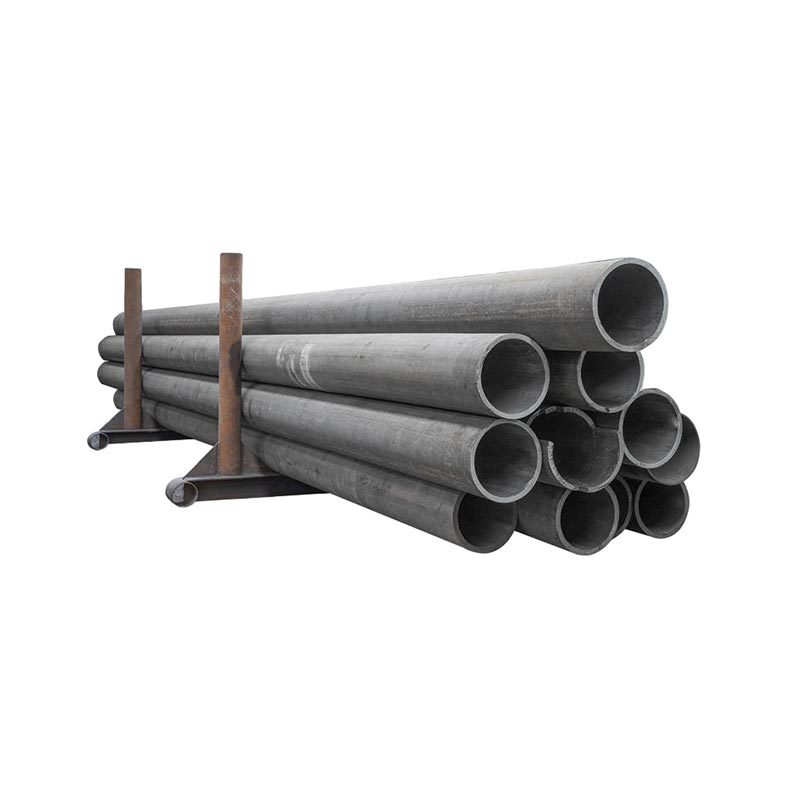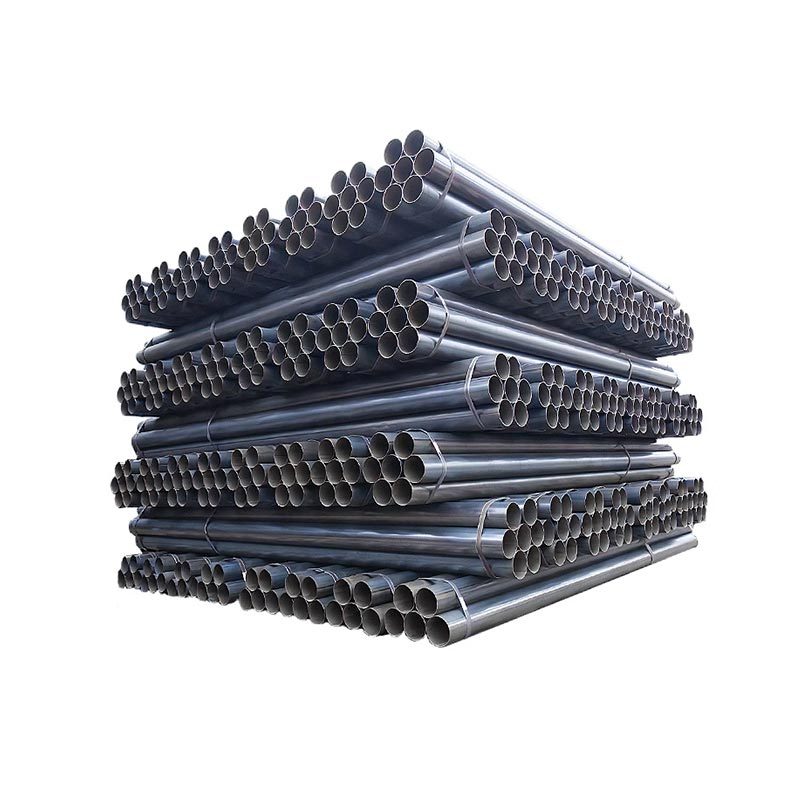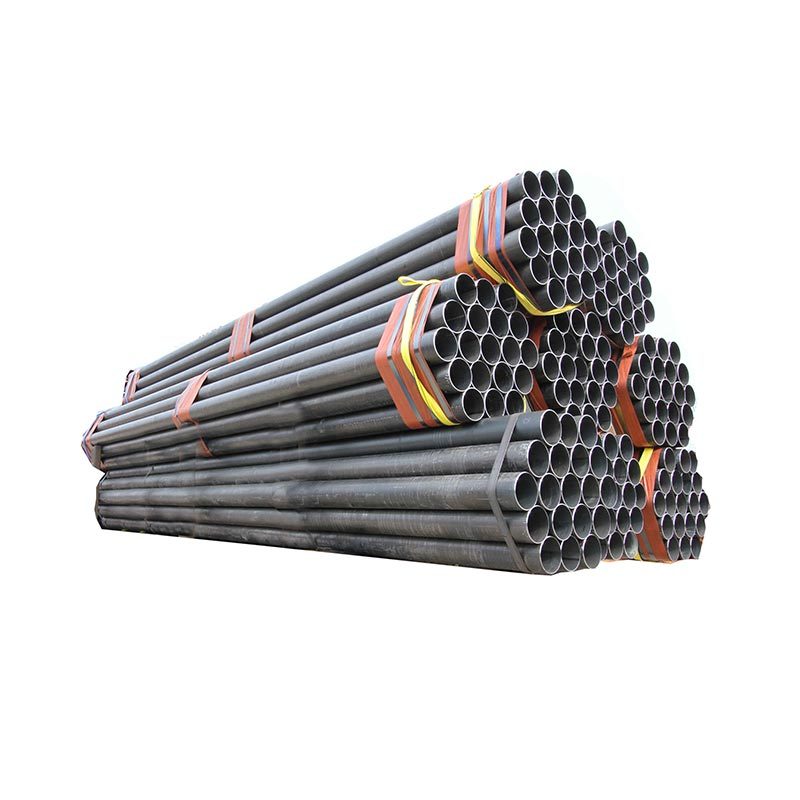Carbon Steel Pipe
● A carbon steel pipe is a cylindrical tube made from carbon steel, an alloy of iron and carbon with trace elements. Classified by carbon content (low, medium, high), it balances strength, durability, and cost-effectiveness.
● Low-carbon pipes (e.g., A53) excel in weldability and ductility, used for water, gas, or structural applications. Medium-carbon types offer higher strength, suited for industrial pipelines. High-carbon variants, though harder, are less common due to reduced flexibility.
● Widely used in construction, oil/gas, and manufacturing, these pipes come in various sizes and wall thicknesses, with seamless or welded designs, serving fluid transport and structural roles.
View Video
A355 Alloy Steel Pipe
A355 alloy steel pipe, per ASTM standards, is a chromium-molybdenum (Cr-Mo) alloy designed for high-temperature, high-pressure service. It offers excellent creep resistance and strength at elevated temperatures, making it ideal for power generation, petrochemical, and refinery applications. Used in boilers, heat exchangers, and pressure systems, it ensures reliability under extreme thermal and mechanical stress, compliant with strict industrial safety norms.
Get A Quick Quote!
You Can Leave Us A Message
or Send Us An Email!
Product Details
Product Parameters
Packaging and Transportation
Related Products
Leave Us Message
Please give us a message
What are you lookking for?

